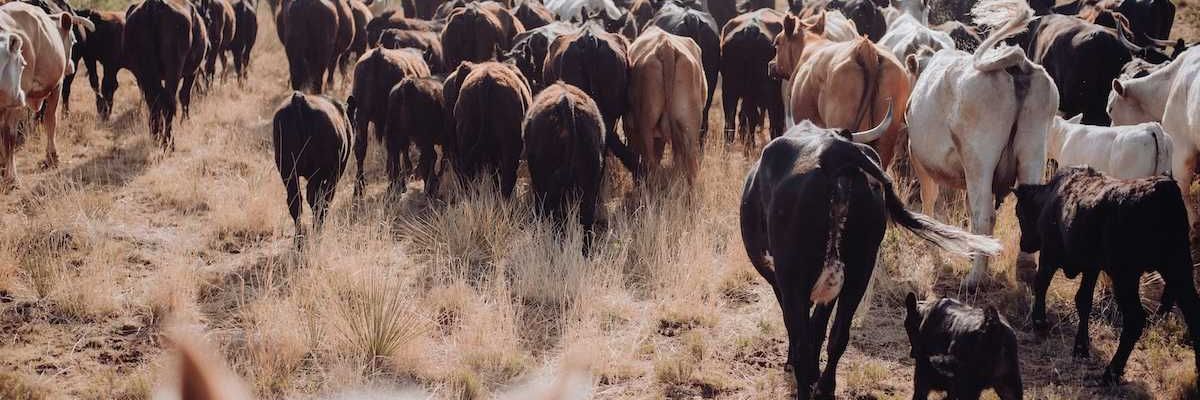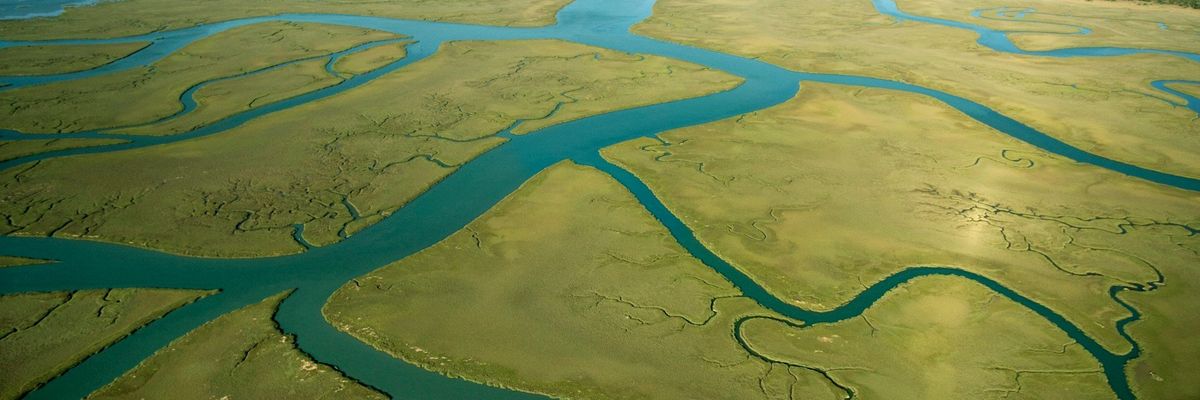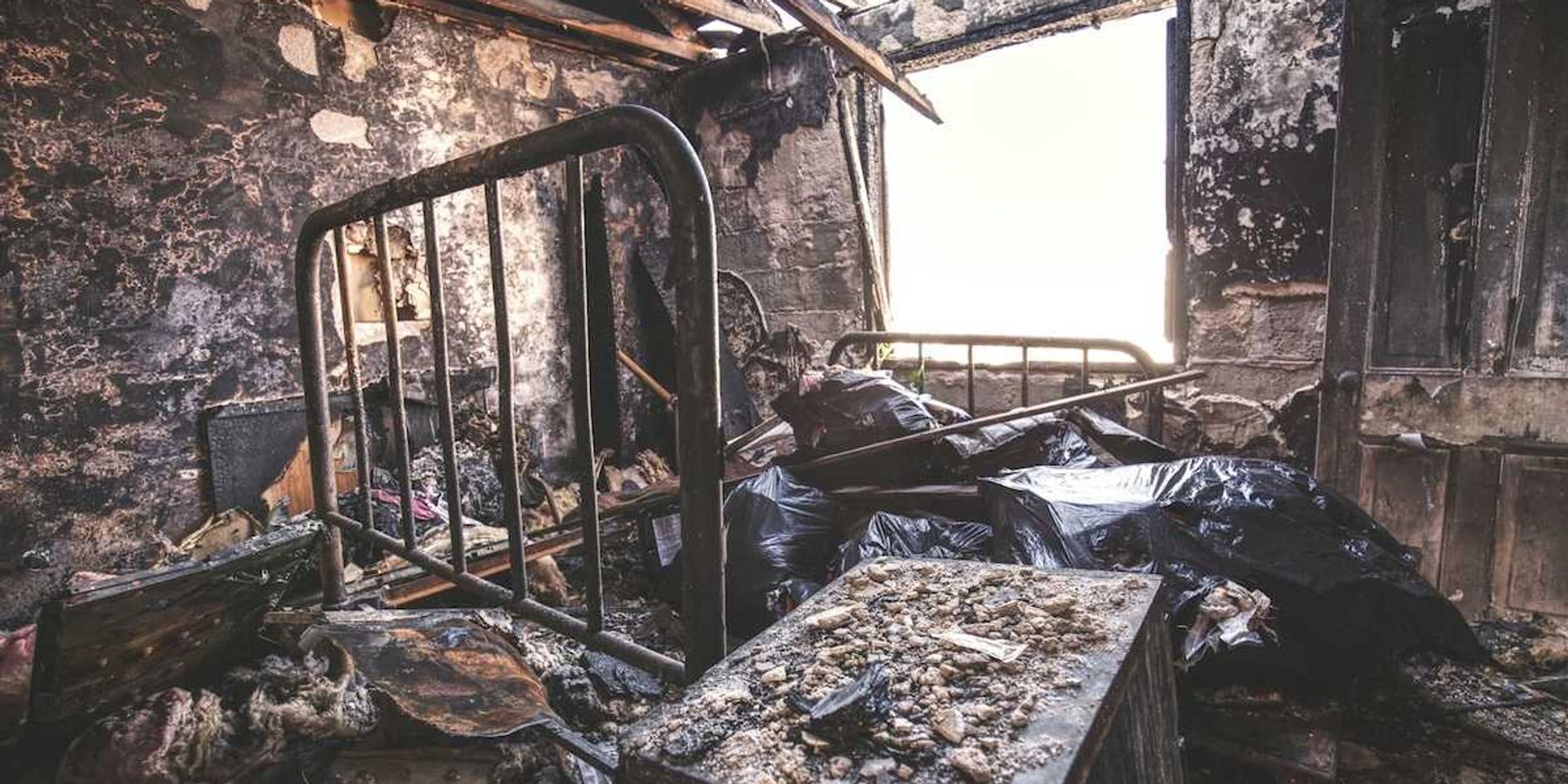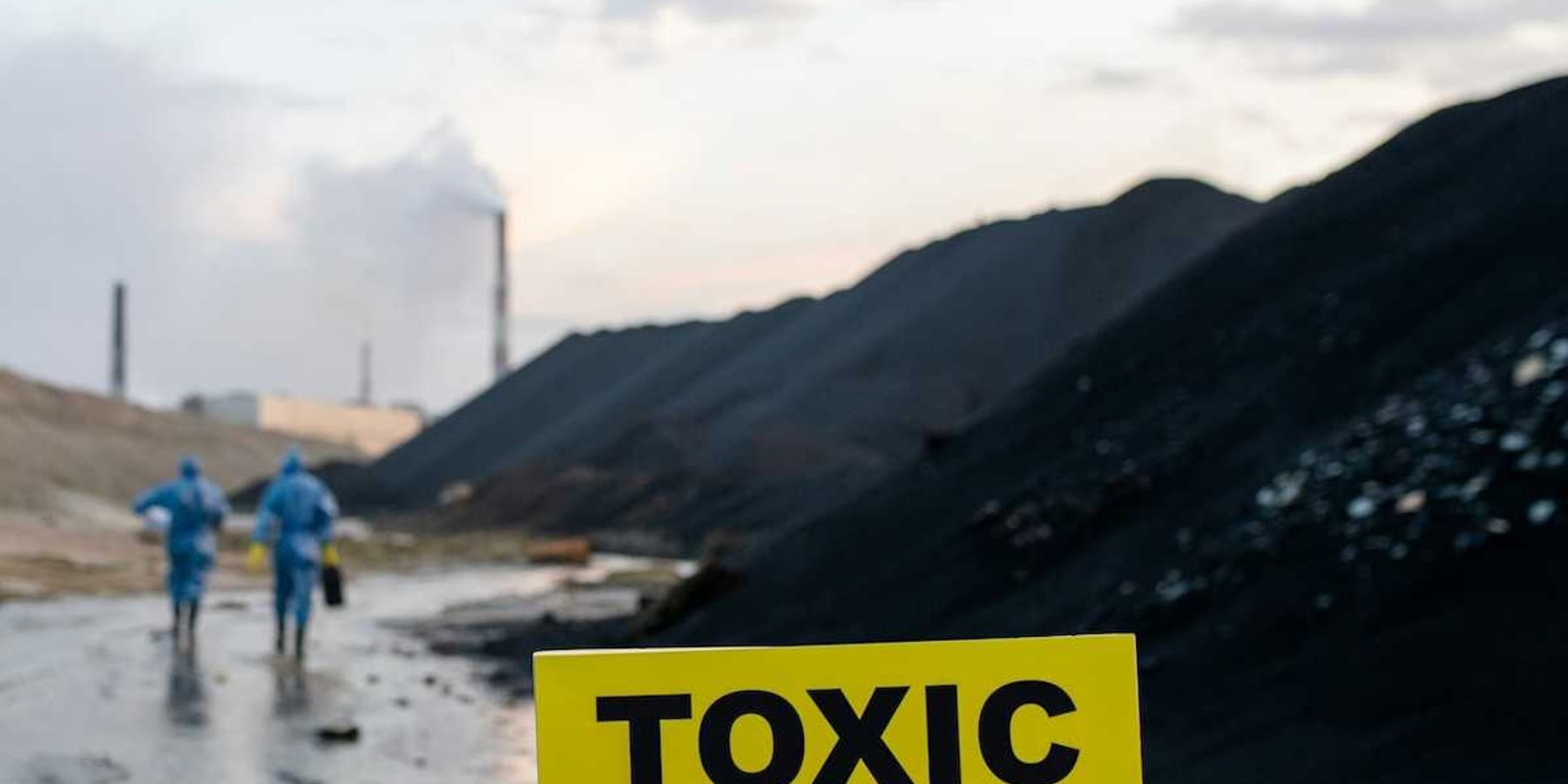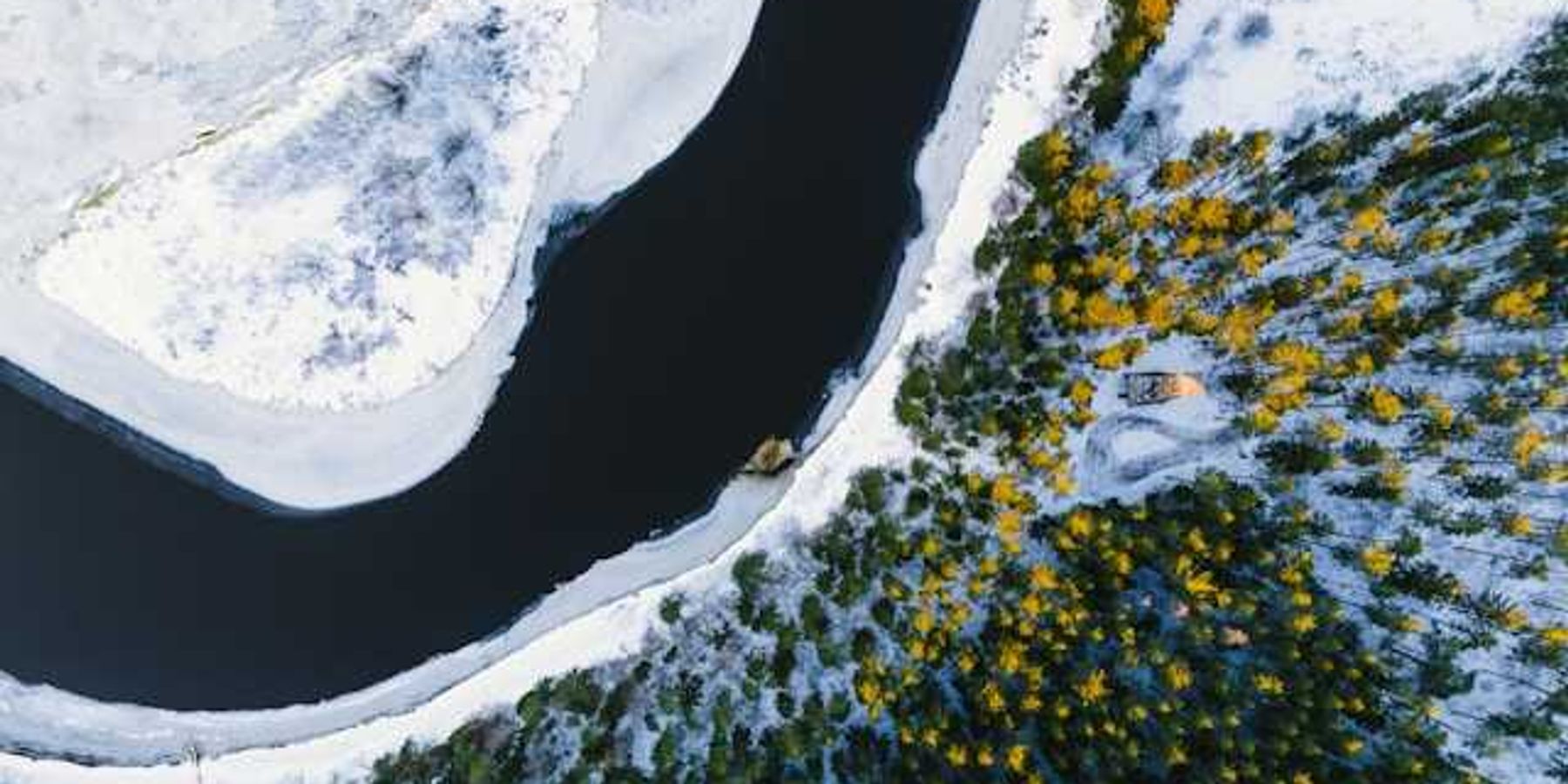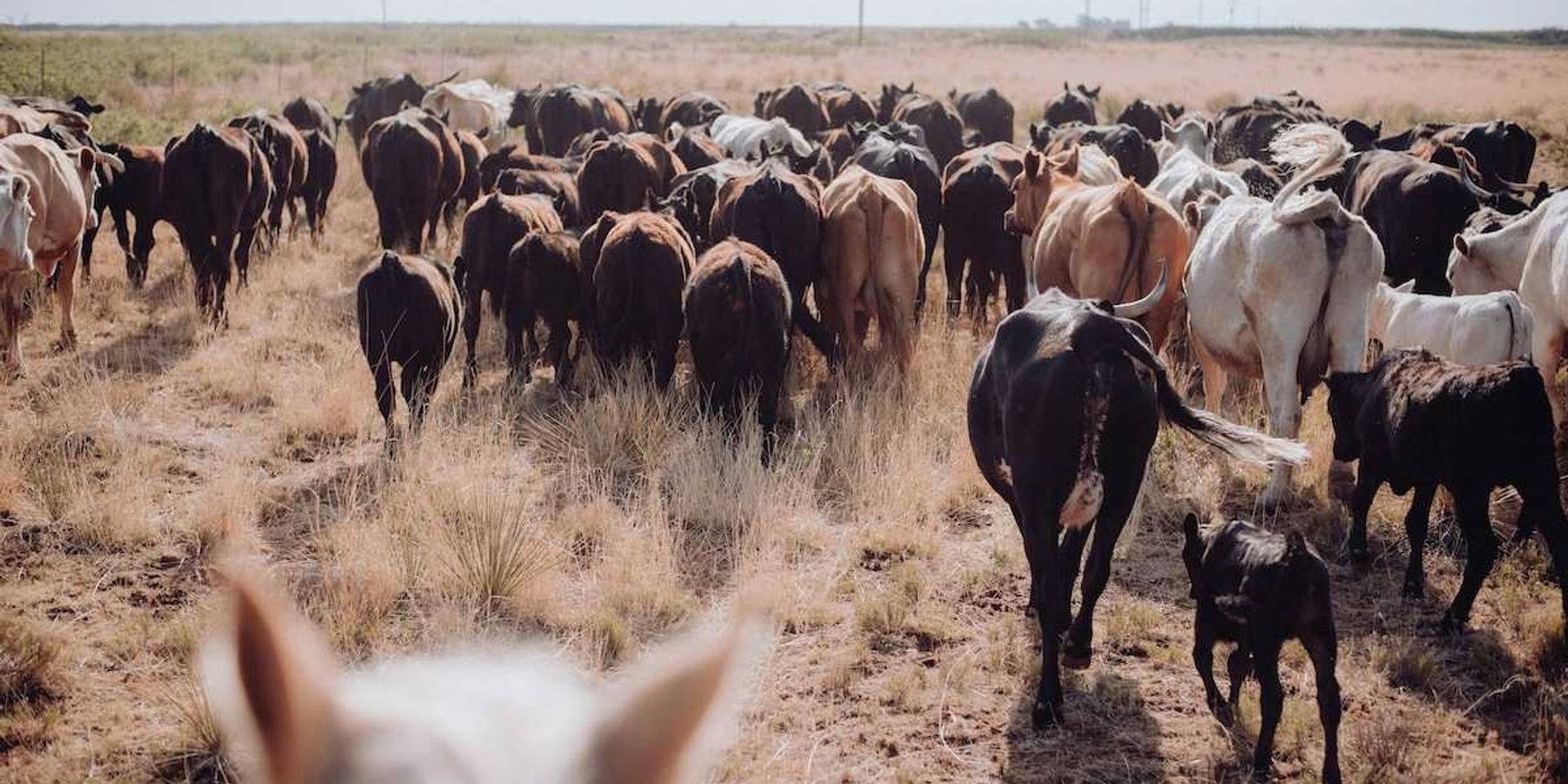wired.com
Cities at risk as sea levels rise and land sinks
Coastal cities are facing a dual threat: rising sea levels and the sinking of their land, a phenomenon known as subsidence, which could drastically increase flooding and damages by 2050.
In short:
- An extensive study in Nature reveals that subsidence could cause 500 to 700 square miles of additional U.S. coastal land to flood by 2050, affecting hundreds of thousands more people.
- Coastal cities are sinking at alarming rates, with 24 of the 32 studied cities subsiding more than 2 millimeters a year, doubling the risk of flooding.
- Current coastal defense strategies are inadequate, underestimating the urgency needed to address this compounded risk of sea-level rise and land subsidence.
Key quote:
"The combination of both the land sinking and the sea rising leads to this compounding effect of exposure for people."
— Leonard Ohenhen, environmental security expert at Virginia Tech.
Why this matters:
This phenomenon has profound implications for public health and safety, especially in underserved communities lacking the resources to adapt. Understanding and addressing both sea-level rise and subsidence is essential for future urban planning and disaster preparedness, illustrating the intertwined challenges of climate change and urbanization.
Scientists probe ancient history of the East Antarctic Ice Sheet and find unsettling news about sea level rise.

